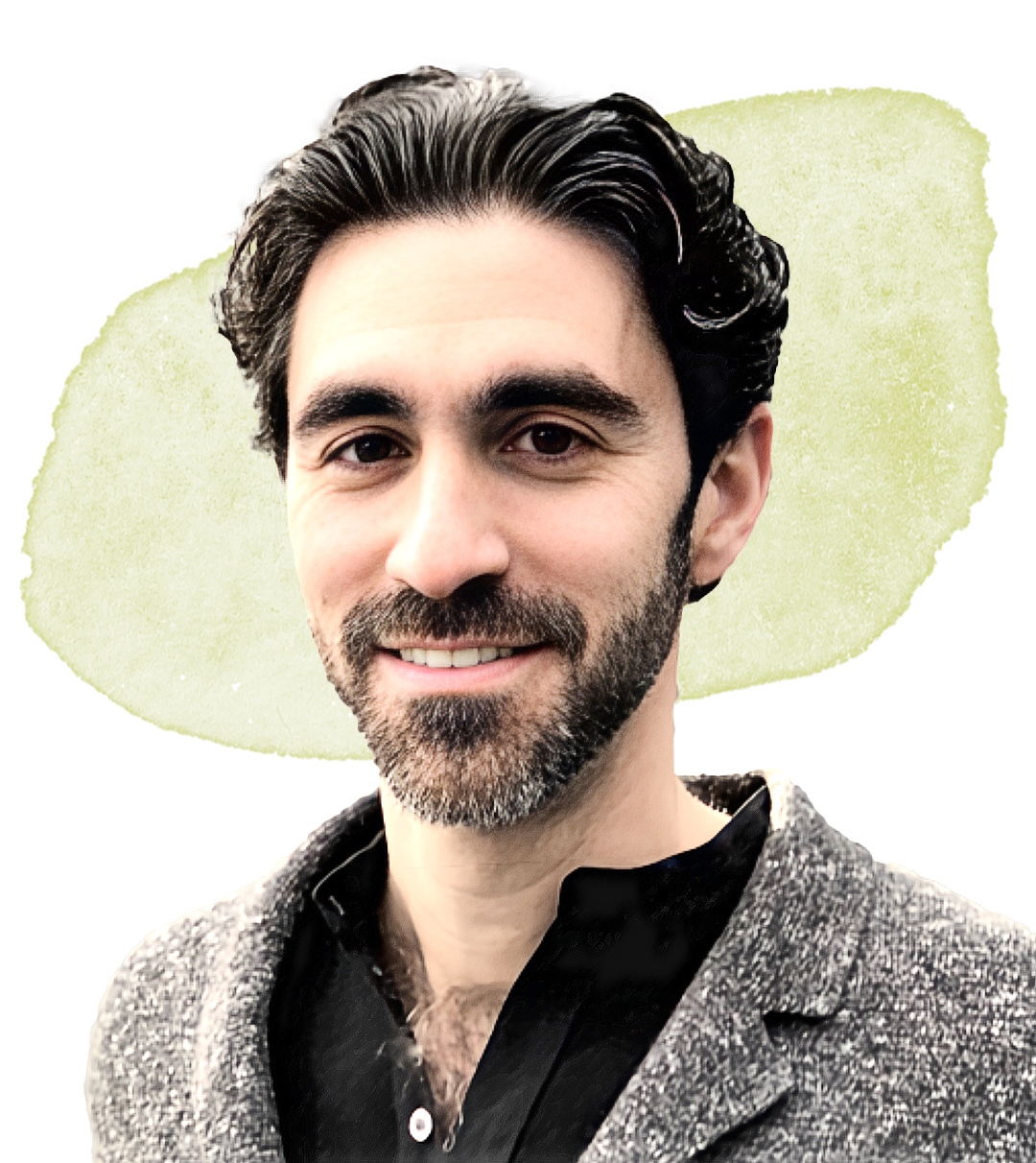One of the first things Dr. Ziad Obermeyer realized when he was training in emergency medicine was how hard it was to make decisions that have incredibly high stakes. “It’s really agonizing,” he says over Zoom. “I would go home after my shifts and be stressed about all this stuff that happened, thinking, ‘I should have kept that woman in the hospital. I shouldn’t have sent her home.’”
AI could play a role in tempering some of that anxiety, says Obermeyer, who is now an associate professor at the University of California, Berkeley, School of Public Health, where he focuses on the intersection of machine learning and health. (He also continues to practice emergency medicine in underserved parts of the U.S.) AI, he believes, can help doctors make better decisions—including ones about who should be tested for a heart attack, since missed cardiac events can be catastrophic—while propelling new discoveries, such as ways to reduce unexplained pain among underserved populations.
More from TIME
Much of Obermeyer’s work has focused on how racial bias infiltrates the health care system. Many doctors and health care systems use computer-based medical algorithms to determine things like how likely a patient is to respond to different treatments, and to recommend a triage level of care. In one study, Obermeyer found that a widely used algorithm recommends less health care to Black patients despite greater health needs, potentially jeopardizing the well-being of millions. “The good news is that those problems are fixable,” he says. “We worked with some of the companies that built those algorithms, we undid a lot of that bias, and we turned those algorithms from things that were perpetuating inequalities to things that I think are fighting against them.”
In 2020, Obermeyer co-founded Dandelion Health, an AI-innovation platform that makes health care data—like electrocardiogram waveforms, sleep monitoring, digital pathology—available to algorithm developers at no cost. “A company can come to us and say, ‘I want a dataset of at least 5,000 mammogram images linked to the five-year cancer outcomes for those women,’” he says. “And then they can build AI that does a better job of reading mammograms than the radiologists who are currently reading them.”
Obermeyer also launched a nonprofit, Nightingale Open Science, in 2021 with $6 million in funding. Nightingale builds out datasets in partnership with health systems in the U.S. and internationally, including Emory University and Brigham and Women’s Hospital, to answer questions like: Why do some cancers spread, while others don’t? The goal is to “bring an open-science mentality” to health care data, which has traditionally been exceedingly difficult for many researchers to access, he says. As Obermeyer’s research points out, medical data is often available only to a small group of people, or is costly and time-consuming for others to access, leading to a data bottleneck. “Nightingale is about getting researchers access to data that they need to do cool stuff.”
Looking ahead, Obermeyer is cautiously optimistic about AI’s impact on health care. It’s crucial, he notes, to ensure new technology doesn’t cause harm. But overall, “the biggest and most exciting things that are going to happen in this field are nowhere even close to happening yet,” he says. “We don’t have the imagination to think about what this is going to do in 20 years, 100 years, and how it’s going to totally transform health care.”
- Introducing the 2024 TIME100 Next
- The Reinvention of J.D. Vance
- How to Survive Election Season Without Losing Your Mind
- Welcome to the Golden Age of Scams
- Did the Pandemic Break Our Brains?
- The Many Lives of Jack Antonoff
- 33 True Crime Documentaries That Shaped the Genre
- Why Gut Health Issues Are More Common in Women
